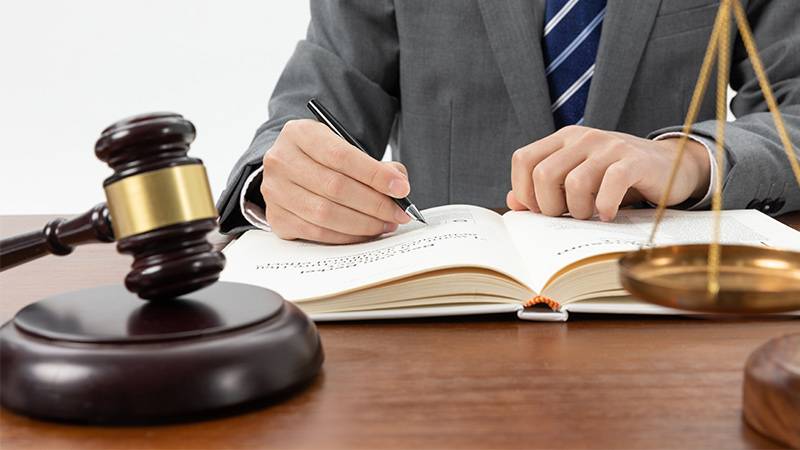The Department of Justice (DOJ) is amplifying its commitment to environmental justice, particularly in communities of color and low-income areas. This move is in line with President Joe Biden’s objective to counteract pollution and the ramifications of climate change in these communities.
The Environment and Natural Resources Division (ENRD) of the DOJ, often dubbed the largest U.S. environmental law firm, has been spearheading this initiative since last year. To bolster their efforts, every one of the 94 local U.S. attorneys’ offices now has an environmental justice coordinator, either from the civil or criminal law domain. Their primary role is to transform the DOJ’s overarching environmental justice strategy into tangible actions tailored to their respective states and localities.
Cynthia Ferguson, the director of DOJ’s Office of Environmental Justice, likens this network of coordinators to a “small army” dispersed nationwide. This office, established in 2021 following Biden’s climate executive order, has already marked significant achievements. One such accomplishment was the DOJ’s proactive response to the drinking water crisis in Jackson, Mississippi. This incident saw over 150,000 residents without potable water for days, following a treatment plant malfunction. The federal government’s intervention included appointing a water executive to supervise the repair of Jackson’s water infrastructure and subsequently suing the city for violations related to drinking water.
According to E &E News, another notable achievement was an uncommon lawsuit against Denka Performance Elastomer, a petrochemical manufacturer, for air pollution in Louisiana. The environmental justice coordinators were instrumental in these endeavors, facilitating community outreach events and bridging the gap between affected communities and government lawyers.
Kate Konschnik, principal deputy assistant attorney general within ENRD, emphasized the importance of timing and cultural sensitivity in community engagement, citing the need to avoid scheduling meetings during significant community events like Bible study nights.
Since last year, DOJ’s Environment and Natural Resources Division (ENRD) has been on a mission to help President Joe Biden carry out his goal of helping people of color and low-income communities fight pollution and the impacts of climate change. As part of that effort, all 94 of DOJ’s local U.S. attorneys’ offices are now equipped with at least one civil or criminal lawyer who serves as an environmental justice coordinator.
Highlighting some of the attorneys at the forefront of this initiative:
- Mitzi Dease Paige from Mississippi played a pivotal role during the Jackson water crisis. Being a resident of Jackson, she experienced the crisis firsthand. Her office swiftly organized public outreach events, ensuring the government’s response aligned with the community’s needs.
- Matthew Silverman from New York emphasized that the U.S. attorney’s office in the Eastern District of New York had been addressing pollution in marginalized communities long before the current administration. However, Biden’s presidency has rejuvenated and refocused these efforts. Silverman’s team has been honing their expertise in various pollution categories, including lead paint, water, and air.
- John Osborn from Maine is concentrating on the state’s immigrant populations, particularly in cities like Portland. Maine’s old housing stock, built before the 1978 ban on lead-based paints, poses a significant risk. Many of these houses have been converted into rental properties, often occupied by low-income residents or immigrants. These groups may be at a heightened risk of lead paint exposure, which can lead to severe health complications.
Osborn also highlighted the complexities of environmental justice evaluations, noting that there isn’t a one-size-fits-all approach. Factors like race, income level, and other demographics play a role, but the evaluation process remains intricate and multifaceted.
As the DOJ continues its nationwide push for environmental justice, the challenge lies in determining the exact scope of their work and ensuring that their efforts are effectively tailored to the unique needs of each community.
More inspiring green news similar to this:


